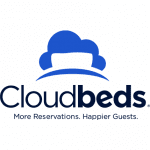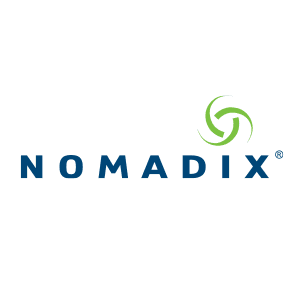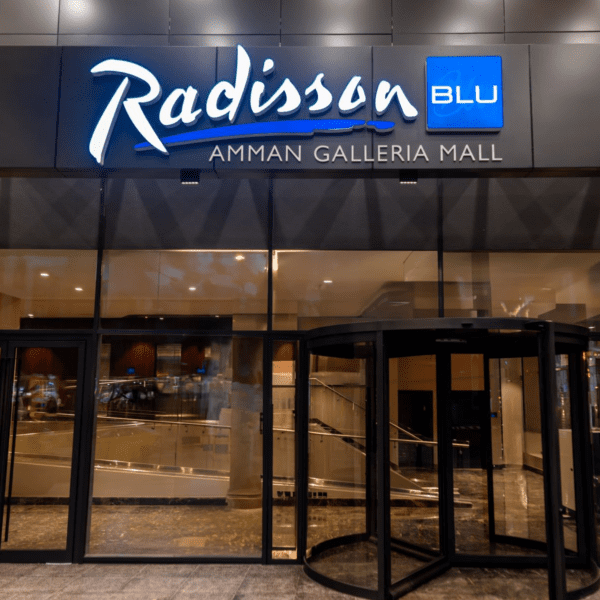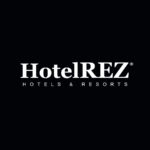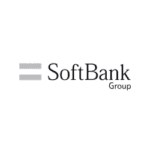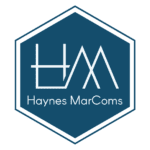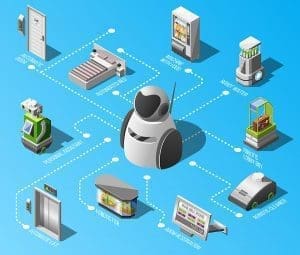 A hotel property management system (PMS) is an essential business tool for properties all over the world. It is the technology hoteliers depend on to run their business, including both front-of-house operations (like the front desk) and back of house operations (like reporting).
A hotel property management system (PMS) is an essential business tool for properties all over the world. It is the technology hoteliers depend on to run their business, including both front-of-house operations (like the front desk) and back of house operations (like reporting).
The core functions of the PMS for hotels and properties include:
- A channel manager
- An online booking engine
- Guest management
- A housekeeping module
- A revenue management system
- A reservation calendar
- Marketplace/Open API
- Payment processing
- Reporting
- A control dashboard
A good PMS will include all of those functions in one platform and make daily operations seamless.
Right now, especially accelerated by the onset of the pandemic, guest expectations are changing and the PMS technology of the past is no longer sufficient to meet the demands of today’s travelers and the latest technological trends. Simply put, your guests’ and employees’ expectations are evolving and you need hotel software to match. Keyless entry, self-service check-ins, and flexible payment options are just a few of the features that guests are increasingly expecting to encounter at lodging businesses.
There has been a lot of discussions amongst property owners and operators about how the PMS should evolve, with some expecting it to become increasingly decentralized and others thinking it should be more consolidated.
But actually, the evolution of the PMS technology could – and should – fall in line with that of the cell phone. Cell phones have developed at a staggering rate. What was once a device simply used to make phone calls while away from our home’s main landline could now be seen as a necessary extension of our brains – storing contact data, capturing memories through photo and video, guiding us through GPS and web search, and so much more. Our phones can be endlessly personalized and hold everything we need to navigate the modern world. And it’s not just cell phones – other businesses are evolving in the same pattern.
Facebook, Microsoft, and other tech giants started out with limited software applications that have since developed into full platforms. This shift is known as platformization, and it’s where the PMS technology is likely heading.
To illustrate, take into consideration recent advancements in travel. In the past, a traveler might use a travel agency or call the hotel directly to make a reservation. Today, most hotel bookings are made online meaning that lodging owners and operators need to be connected to online travel agencies (OTAs), or run online ads to attract guests online, as well as have a booking engine to receive reservations through their website. This shift in digitalization has required PMS software to expand its functionality.
Still, the PMS is not doomed as a core component of a lodging business’s operation. If anything, it’s become more essential than ever. With the right software in place, guests are able to create online bookings, message staff directly for instant service, and access their rooms using a keyless entry app on their cell phones.
The main issue with outdated PMS technology is that it’s often made to function as a stand alone software, so it’s not able to properly integrate with the new features and technologies a modern hotel needs to operate. Integrating separate systems like a PMS and a channel manager can work, but you might encounter all kinds of problems such as data fragmentation and creating multiple profiles for guests by accident.
The solution
Thankfully, there’s a new solution to the old PMS. One of the most important developments in PMS technology is that it no longer needs to be stored on premises using bulky hardware and the data can be moved to ‘the cloud.’ Cloud-based systems deliver computing services over the internet. This feature is known as a SaaS or software-as-a-service. Using SaaS, the PMS itself is hosted on the internet.
A cloud-based PMS has a vast amount of benefits that the PMSs of the past simply don’t have. One of those benefits is that the systems get regular, seamless upgrades with no disruptions from technicians coming on-site. Plus, most Cloud-based systems will have an open-source API so they can easily integrate with other technology apps, tools, and services. With a modern PMS, hoteliers are able to pick and choose which tools they need to best fit their property and their guests’ needs.
Still, different cloud-based PMSs will have different features. For convenience and efficiency, any PMS you choose should include a channel manager, a booking engine, an integrated payments solution, a revenue management tool to help with dynamic pricing, and an open API so you can add on tools to build a custom solution for your business. It should also be simple to use and set up across the board.
In summary, the PMS of the future is cloud-based, customizable, integrated, and includes detailed reporting to empower you to run a successful business. Hoteliers who choose not to upgrade their outdated PMS run the risk of falling short of guest and employee expectations and being overtaken by competitors.
Whether you’re currently running your business using an old, under-performing PMS or pen and paper and excel sheets, now is a critical time to migrate to a cloud-based PMS. A modern PMS will not only elevate your business, it will simplify the work day for your staff and help you meet – and exceed – your guests’ expectations, setting you up for long-term success.
About the author
 Kristy Espat is the Product Marketing Manager at Cloudbeds where she puts her experience operating as an independent hotelier to good use. With properties in Peru, Germany, and Spain, Kristy brings the unique perspective of an international hotelier to the Marketing and Product teams.
Kristy Espat is the Product Marketing Manager at Cloudbeds where she puts her experience operating as an independent hotelier to good use. With properties in Peru, Germany, and Spain, Kristy brings the unique perspective of an international hotelier to the Marketing and Product teams.







